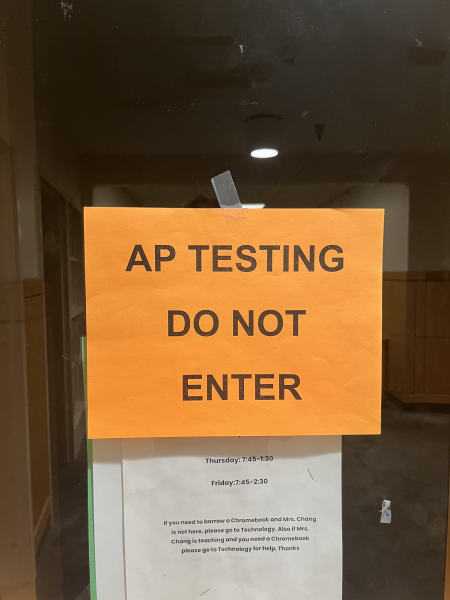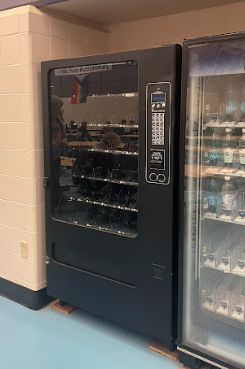Chemically Imbalanced
The alteration of neurotransmitters involves the relation between neurotransmitters and prescription and recreational drugs. Neurotransmitters can be compared to prescription and recreational drugs in the sense that they have the same function upon entrance into the body. A neurotransmitter carries a message from a sending neuron across a synapse to receptor sites on a receiving neuron, within the nervous system. Naturally produced chemicals throughout the human body are similar to that of drugs. The effect of drugs will either increase the amount of substances in the body or block substances that work in a specific way. The relation between drugs and neurotransmitters permit us with the understanding of how this relation can be used to help people with neurological disorders and also inform us of the harm that is conducted by those whom abuse drugs.
The body assembles its own painkillers and chemicals for emotion; these chemicals are balanced to produce normal experiences. When a person partakes in the usage of recreational drugs, the balance is disrupted within the body, causing abnormal levels of energy, emotions, and/or sensations. The imbalance of chemicals regulating energy, emotion, and sensation are a result of drug abuse. The chemical imbalance is further defined as a result of brain cells being repeatedly exposed to addictive substances, which affects the levels of dopamine and other neurotransmitters. The addiction of a drug comes from the chemical imbalance, because the abuser’s neurological pathways begin to demand the presence and rely on the substance. For example, morphine and heroin, attach to the endorphin receptors in the brain, which act to kill pain and cause sensations of pleasure, and reduce the natural production of endorphin. This being said, since these drugs are addictive, the drugs are soon needed to replace the naturally produced endorphins. Eventually, as the addiction continues, the substance abuser will increase the intake to be able to obtain the same level of euphoria. Since the neurotransmitters have a role in various brain functions, addiction can cause neurological disorders to arise, such as impaired judgement, memory loss and depression. Drug abuse disrupts neurotransmission because it alters the way in which one thinks, feels and behaves.
When interviewed, AP psychology student, Maria Balzer, said, “A common drug that is associated with college students and that affects one’s neurotransmitters is Adderall. The average percent of college students whom abuse Adderall is 6.4%”. Adderall affects dopamine levels within the body, which prevents the natural conduction of neurotransmitters in your body. The effects of this drug create a chemical imbalance throughout the body, and may result in addiction.
Opposed to the abuse of drugs in replacement of neurotransmitters, drugs can aid in treatment of neurological disorders. For example, low levels of the neurotransmitter, serotonin, can cause illnesses including depression, anorexia, and ADD. These illnesses are a result of neurotransmitter deficiency. Pharmaceutical drugs reduce the symptoms of illness, but do not treat or cure it. Treatment for depression is through redistribution of serotonin to trick the brain into believing that it has more neurotransmitters to correct the problem, while it actually has none. The understanding of neurotransmitters allows for people with disorders or illnesses to be treated.
All in all, the chemical balance of the human body can be impacted negatively and positively. The use of pharmaceutical or recreational drugs may result in addiction and neurological disorders, while on the other hand, these drugs can treat people with disorders.
Sources
Brain and Addiction. (n.d.). NIDA for Teens. Retrieved November 15, 2013, from http:// teens.drugabuse.gov/facts/facts_brain1.php
Canadian Medical Association Journal. (n.d.). Addiction and the brain: the role of neurotransmitters in the cause and treatment of drug dependence. Retrieved November 18, 2013, from http://www.cmaj.ca/content/164/6/817.full




